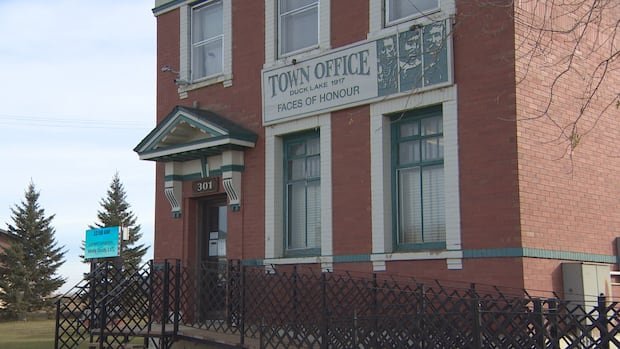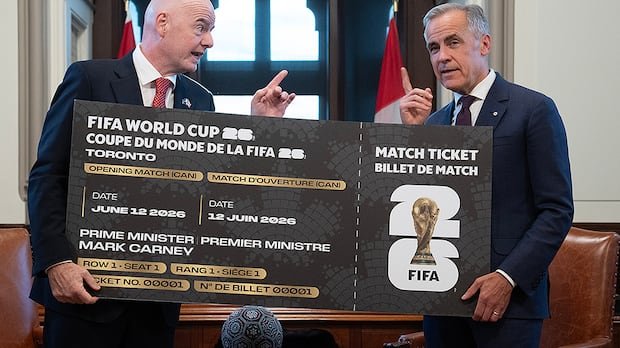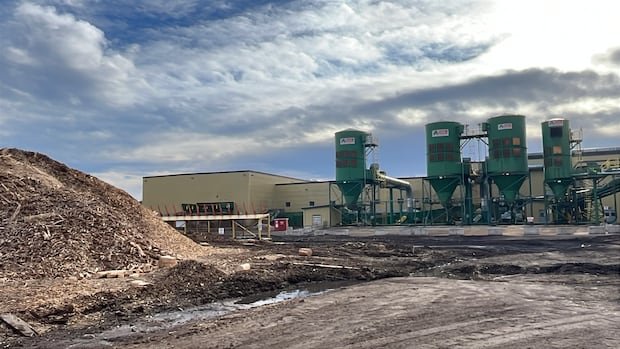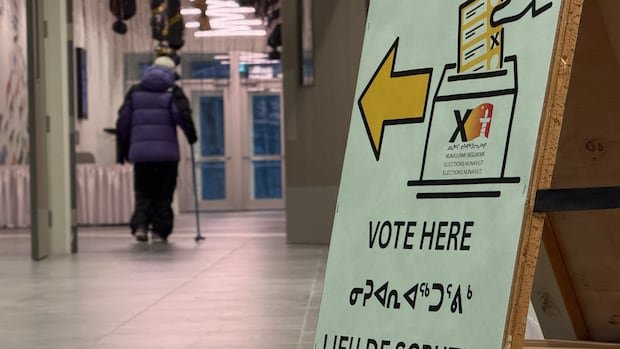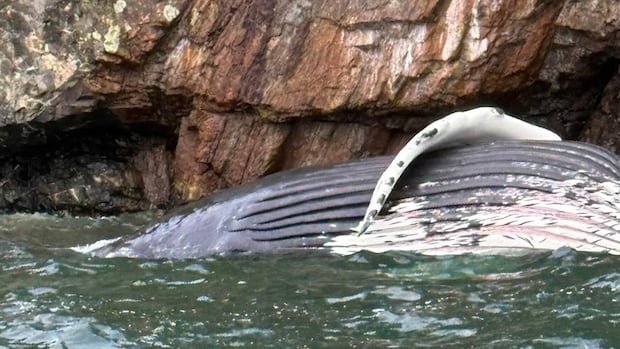“Duck Lake Forever” is the name of a new campaign rallying residents to protect the name of their historic town.
The move began after the mayor last week announced plans to sell the naming rights to the city of about 580 people, located about 80 kilometers northeast of Saskatoon.
Duck Lake is believed to get its name from what First Nations people called the small body of water there, “See Seep SaKayegan,” in reference to the flock of migrating ducks in the spring and fall, according to the City of Duck Lake website.
It is best known as the key site during the 1885 Battle of Duck Lake, one of the first engagements in the Northwest Resistance, led by Louis Riel.
Resident Adam Carriere said he and his partner started Duck Lake Forever as a way to fight the proposal. Their online petition had garnered hundreds of signatures by Monday afternoon.
The petition said changing the name would erase part of Duck Lake’s Métis heritage and identity and called the town’s name “a legacy that deserves preservation for future generations.”
“The Battle of Duck Lake is a very important thing in our history. And for Métis residents, living in the historic town of Duck Lake is a great source of pride for us,” Carriere said.
He said he’s also concerned that a deal with a private company could leave residents vulnerable if promises aren’t kept, and that taxpayers could end up footing the bill for new signage and rebranding.
“If they don’t keep their side of the agreement, our lawyers will face theirs and we will face a giant,” he added.
Carriere said organizers plan to take the petition to the council and push for a community vote.
“This is a big bet from which we cannot go back,” he said. “So whatever is decided here, we will have to live with it.”
Former mayor joins efforts to save name
One of Duck Lake’s former mayors, Denis Poirier, said he and his family plan to sign the petition.
Poirier lived in Duck Lake for 55 years and served on the city council for 31 years, including seven as mayor.
He said the city’s history is central to its identity and that a name change would be a burden on residents.
“It affects everyone since MR [Rural Municipality]all from the [Beardy’s Okemasis First Nation] reservation, because they receive their mail in Duck Lake. Therefore, all their addresses would have to be changed,” Poirier said.
“They would have to change our driver’s licenses, our passports, our health cards, so many things that have to happen… And who would pay the cost of that? Definitely not the city. It would be the people.”
The city of Duck Lake is putting its name up for sale. Mayor Jason Anderson said the city’s name change is not just about business, but should also honor the community’s deep-rooted Canadian history.
Still, Poirier said he’s optimistic that community action could make a difference.
“By coming together and signing these petitions and letting them know we don’t want that, maybe they’ll see the light and stop doing it. [it] immediately,” he said.
The idea is not “practical”, says a marketing professor
Marvin Ryder, a marketing professor at McMaster University, said the idea of selling a city name is not entirely new, but it is extremely rare.
He pointed to a couple of examples in the United States. The small New Mexico town of Truth or Consequences took its name in 1950 in response to a radio show contest (it was previously called Hot Springs). Topeka, Kansas briefly became ToPikachu on two occasions in 1998 and 2018, to celebrate Pokémon releases.
Ryder said there is no precedent for a Canadian city to do the same and suggested the mayor’s idea might have more to do with attracting attention.
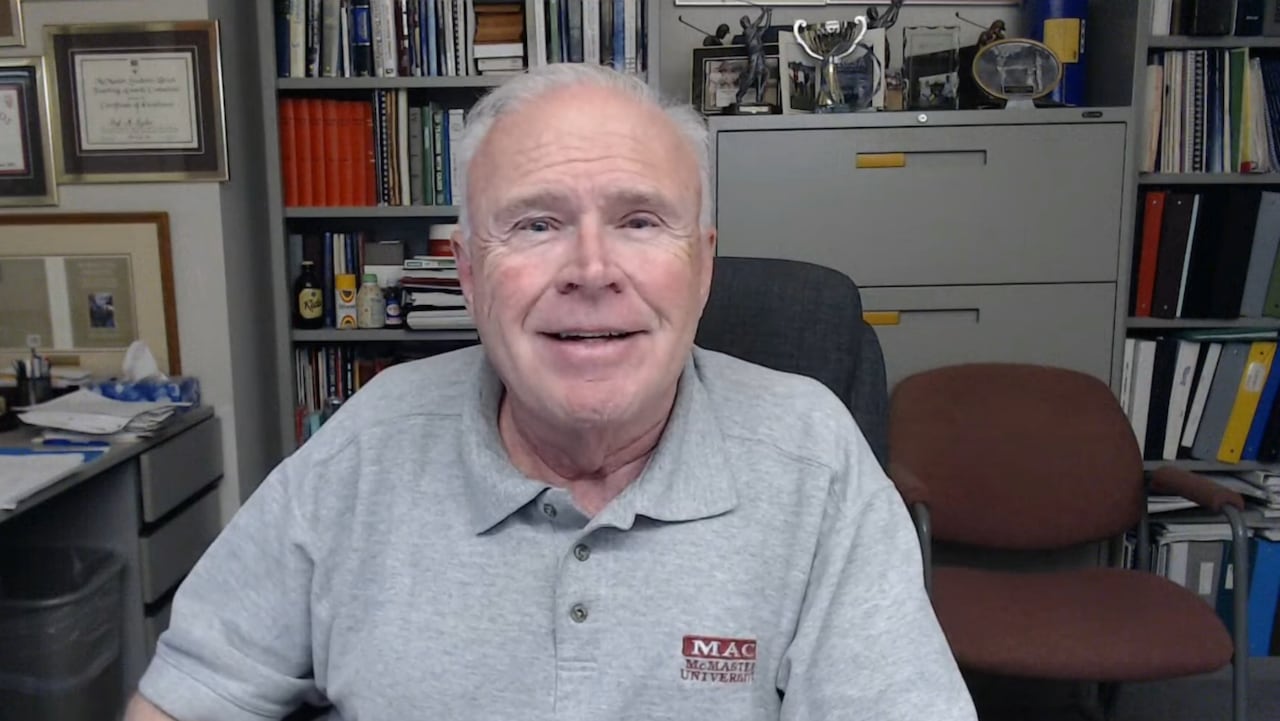
“There’s a part of me that wonders if he’s really serious about this or if he’s doing this to really embarrass the Saskatchewan government,” he said.
“Here I am, cap in hand, begging someone to buy the naming rights to my city so I can afford infrastructure. Maybe the Saskatchewan government should consider a program to help smaller communities create infrastructure.”
While he credited the city for its creativity, Ryder said the concept is not practical.
“The old story is that all publicity is good publicity,” he said. “But I think in practical terms, this is not the way to go.”





